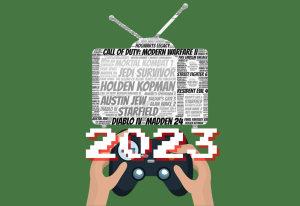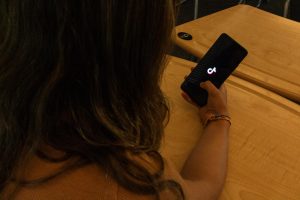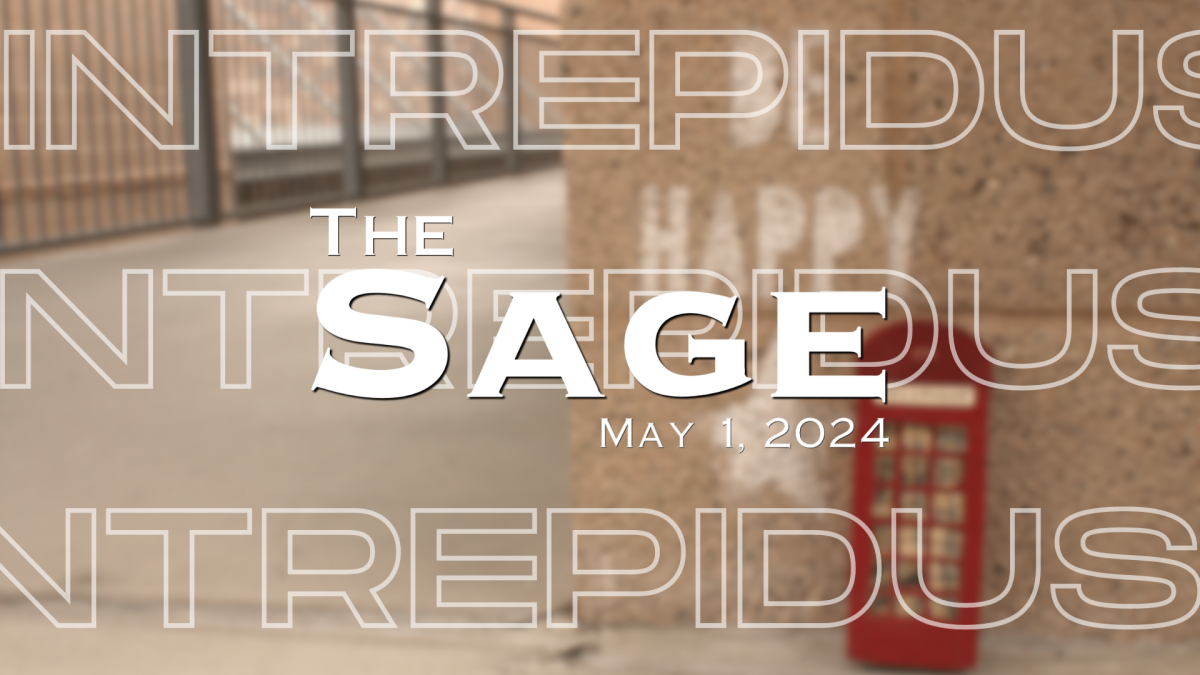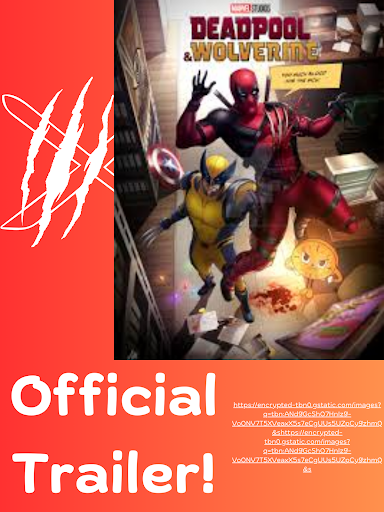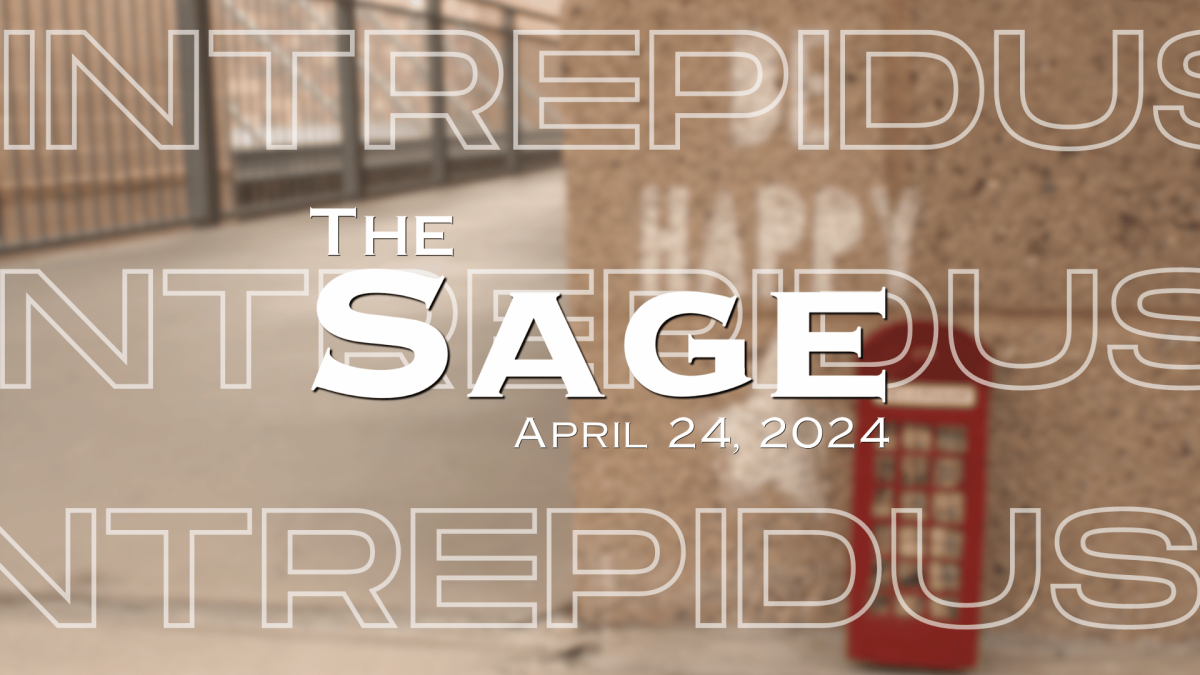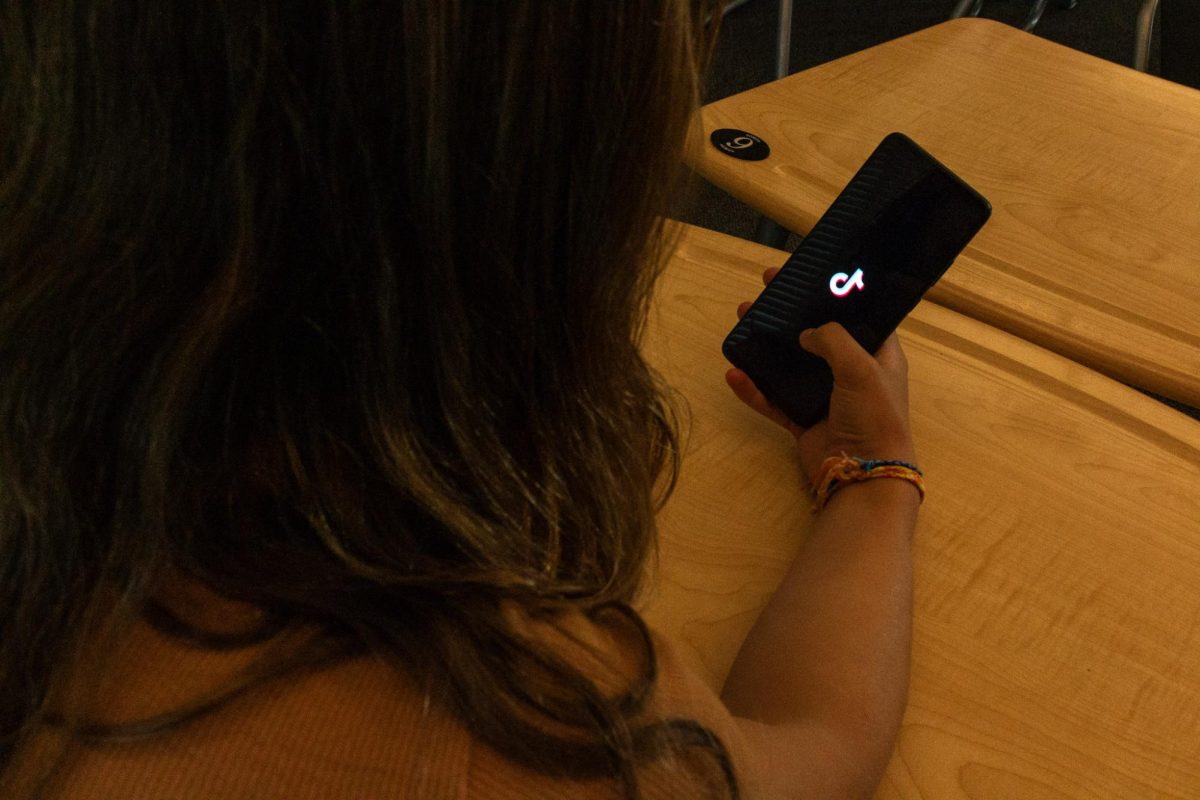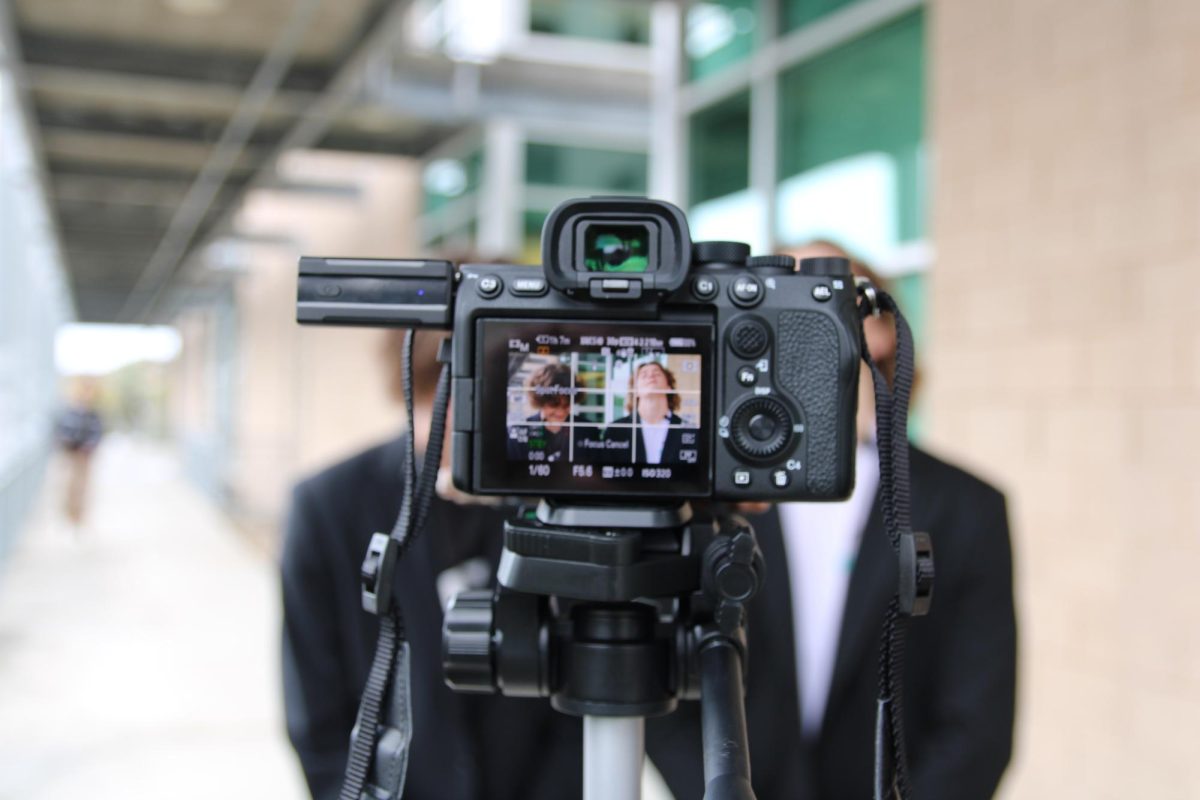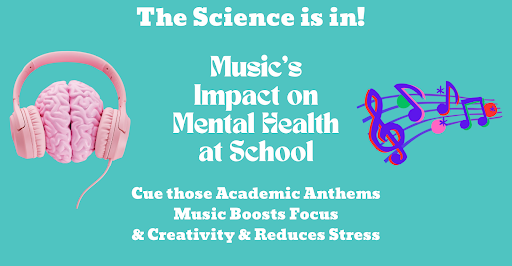We live in a time where having social media is mandatory if you want to be able to connect with the people you know, but at what cost is this normalization of social media? You’ve heard 1,000,000 and one times that social media isn’t good for you, but there’s more to why that’s the case.
The typical argument against social media is that it sets unrealistic expectations in terms of appearance, leading to feelings of personal inadequacy in platform users. According to Social Media Victims Law Center, “For many, comparing themself to others becomes an unavoidable compulsion, and often tends to make them feel inferior and negatively impact their self-esteem.”
But is there another side to why social media is bad for us? There are dozens of social media platforms available to us today, but there is one that is particularly harmful due to its addictive nature: TikTok.
In my personal experience, TikTok has an incredibly negative impact on a person’s mental well-being, so much so that, in my case, I had to “quit” it last year. I would spend hours on end scrolling as an escape from things I was dealing with, only to eventually stop scrolling and realize that all the same problems were still there.
Not only did it give me a false sense of escapism from the issues I was dealing with, but the app wasted away so much of my life, and I hated myself for it every single time it happened, which was typically multiple times a day. It was an exceptionally difficult cycle of pleasure and disappointment to break free from, and forcefully ridding myself of the app proved to be the only way I could successfully beat the addiction.
TikTok was the first platform to implement the algorithm it uses today which, according to Health Tech Digital, tracks your “likes, comments, [and] watch time and shares all feed into a recommendation algorithm, which then evaluates how suitable a video is for each user and reflects the user’s interests, in turn causing them to stay on the app for a longer period of time.”
This algorithm grabs hold of the user’s attention and almost paralyzes them from doing anything else. With the promise of another video you’ll enjoy with just one more swipe, it’s hard to limit that swipe to only one. According to New Thinking, each scroll is “like heroin for our dopamine levels.” The article continues by saying that this effect on dopamine levels causes people to “eventually crave more and more of this,” making the use of the app hard to quit, just like a drug.
In Sage Creek High School psychologist Bob Boeckman’s perspective, there is another reason why seeing only videos catered to your interests isn’t beneficial.
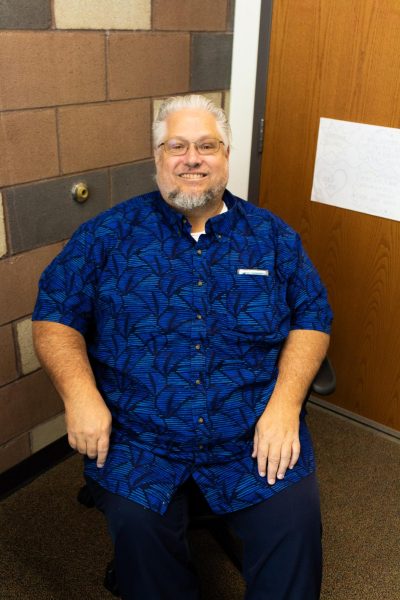
“When we are scrolling just for what we want to see, we’re not getting the other side of things. Especially, I think it has implications politically and with social norms and with just opinions in general,” he said. “I think it’s good to confront yourself with the other side and to hear other opinions.”
His words are reflective of the concept of social media “echo chambers.” According to the University of Texas at Austin, “A social media echo chamber is when one experiences a biased, tailored media experience that eliminates opposing viewpoints and differing voices.” The content recommended to its users is a personalized, “comfortable, self-confirming feed” that we tend to end up believing is how the entire world views things, even though that would be false.
According to Wired, “Social media companies therefore rely on adaptive algorithms to assess our interests and flood us with information that will keep us scrolling.”
The algorithms these apps use don’t only get us hooked by providing endless hits of dopamine, but also by only showing us posts with similar viewpoints as ourselves, which can lead to intolerance of people with differing opinions. Only hearing one side of any story is never beneficial in making any personal or societal progress.
But with the TikTok algorithm now being implemented into practically every social media app, are any of them safe to use with the risk of a near-guaranteed addiction?
In recent years, other social media platforms, such as Instagram with its new reels feature, as well as YouTube with its “shorts,” have adopted a similar algorithm style to the one that TikTok rose to popularity for. This has led to the majority of social media platforms today being just as addictive as TikTok and no less inimical to our mental health.
According to Hannah Keehn, a senior here at Sage Creek, “When you get that instant dopamine hit from one video after another it kind of trains your brain to not maintain your attention span, as well as not being able to deal with activities that aren’t instant gratification.”
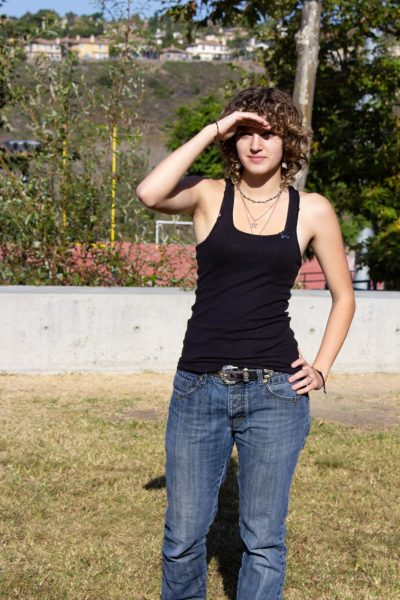
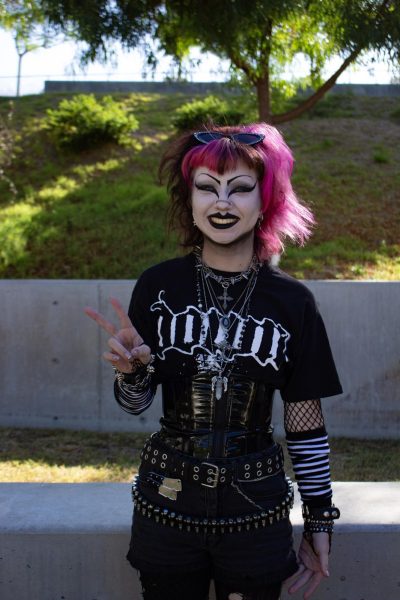
While discussing Instagram in particular, another senior at Sage Creek, Kei Wilson, said, “If you get any negative attention, it feels 10 times worse than if you get negative attention in person.” We can take from this that social media amplifies our need to be accepted and revered, but also amplifies the feeling of being rejected by our peers, further impacting our self-concept and overall mental state.
So why is something that is so blatantly destructive appealing to just about everyone? Well, there are some positives that are worth noting.
When asked what positives social media can add to our lives, Boekman said that he thinks social media is “a good way to share your stories, your memories, and to just keep in contact without a whole lot of effort.”
The key to keeping your experience with social media positive is to make sure that your usage of it is balanced and its influence over your life isn’t significant.
Boekman’s advice is to “try and set limits for yourself” so that you don’t end up indulging at all times of the day in the short-lived pleasures that social media brings. He also added, however, that due to its addictive nature, a lot of people struggle with setting those limits and, if that’s the case, to reach out to someone who can help enforce those limits. He said he would recommend “getting support as far as friends or family; sometimes it’s easier to follow through on something if someone else knows our limits as well.”
Another piece of advice comes from Sage Creek science teacher, Michael Vivaldi. “There’s a lot of research that shows that we as human beings and social creatures value the intrinsic relationships that we form between people and person,” he said. “I think that provides a level of fulfillment in our lives that is trying to be supplemented by a cell phone.”
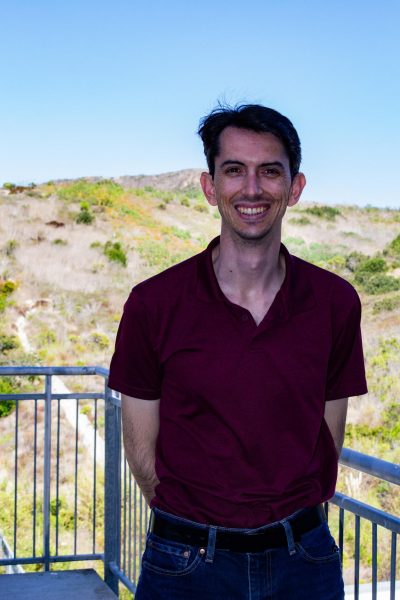
In alignment with Vivaldi’s ideas, the National Library of Medicine states, “Results suggest that those who do not engage in face-to-face relations may rely on technology-based relational contexts and remain otherwise withdrawn, and thus maintain poor psychological health.”
The most important takeaway from this is to maintain a healthy balance with social media usage and not allow online interactions to substitute face-to-face ones entirely. Physically being in the presence of another human being is critical and part of our natural existence and social development. To allow social media to get in the way of real-life relationships is to deny ourselves our true capacity for fulfillment.
In all, moderation is key in all aspects of life. To move forward with additional caution and awareness toward the impact social media has on us is our only option in this day and age. TikTok in particular, holds an unhealthy grip on our youth’s mental health and we cannot allow for its influence to grow any larger than it already has. These apps aren’t going away, so we need to learn how to use them to our benefit, not our detriment.


